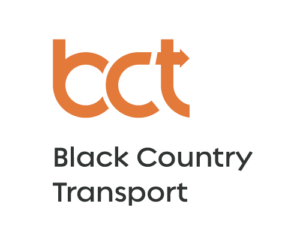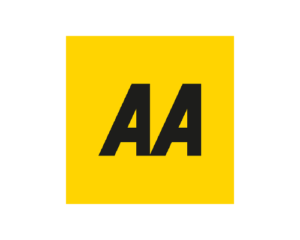BVRLA says Road to Zero targets hanging ‘in the balance’
The BVRLA has warned that dangerous gaps are appearing in the UK’s journey towards zero-emission road transport, with those leading the transition leaving others lagging behind.
The call comes as the organisation’s annual Road to Zero Report Card highlights the decarbonisation divide between different road users.
Gerry Keaney, BVRLA Chief Executive, said: “The UK’s road transport decarbonisation plans are in the balance.With the 2030 phase-out target for new petrol and diesel vehicles fast approaching, road users and fleet operators across the country are on very different zero-emission trajectories.
“The pathways to success have been paved by the company-provided car sector. The Plug-In Car Grant and fair taxation via Benefit in Kind rates are examples of the positive effects that targeted incentives can have. We need to collectively learn from that success. Vehicle rental, the private market, and commercial vehicles all face exceptional hurdles if they are to adopt zero-emission vehicles in the volumes required.
“The fleet sector has been carrying the weight of road transport decarbonisation on its shoulders from day one. It is time for others to pick up their share. This can only be with joined up thinking from across industry, backed by targeted government support.”
Looking at the UK’s progress towards its decarbonisation targets, the BVRLA’s Road to Zero Report Card looks at demand, supply, and infrastructure for zero-emission cars, vans, and trucks. The 2023 report gives an overall traffic-light rating of ‘amber, accelerating’, while highlighting the imbalances across different sectors and use cases.
The company-provided car market is leading the way, with the leasing sector driving uptake of new zero-emission vehicles. The sector is outperforming all others, with 53% of new cars being ZEVs. That strong performance is bolstered by popularity of salary sacrifice schemes, which are making electric vehicles more affordable to those on lower incomes thanks to fair Benefit in Kind rates.
Areas where improvements are needed are in the rental sector and when considering private buyers of used electric vehicles. Both are being hampered by a lack of consumer confidence and comparatively high costs compared to ICE equivalents. The BVRLA has laid out several recommendations to address these gaps in the Road to Zero Report Card. They include introducing a regular review of the ZEV mandate, considering further public chargepoint regulation, and creating more collaboration between local authorities and companies from the fleet sector.
A greater imbalance between those able to go green and those that cannot is in the commercial vehicle sector. The report outlines how there are many use cases where the vehicles and charging infrastructure are already in place and allowing van operators to make the switch. The situation is far from universal. Range restrictions, limited towing or payload capacities, and inaccessible public charging infrastructure are preventing thousands from swapping diesel vehicles for zero-emission alternatives.
A critical lever in bridging that gap is industry collaboration with local authorities. Van-accessible bays and facilitating a faster rollout of power to strategic locations are two of the solutions presented in the report.
Now in its fifth year, the BVRLA’s Road to Zero Report Card delivers recommendations for industry and government to consider. Each recommendation to be implemented pulls the UK forward in its decarbonisation journey.





































































































